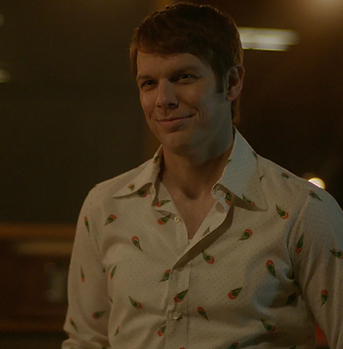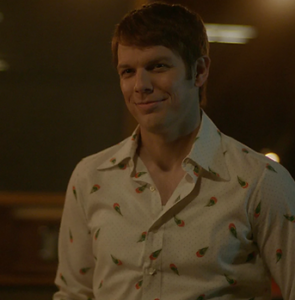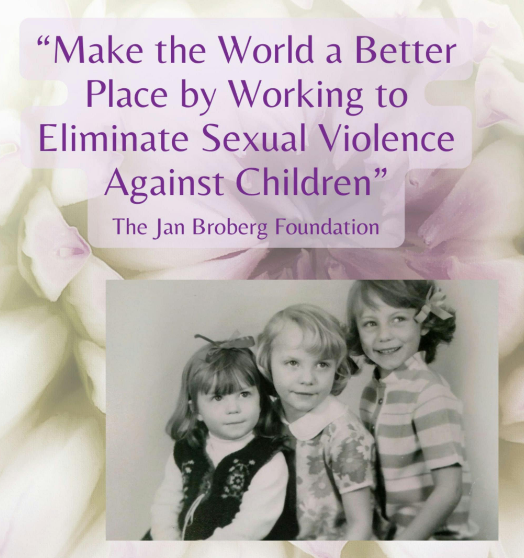We All Need To Trust
Trust is fundamental to our development.
We learn at an early age whom to trust, and we thrive when our trust is honored. As children, we can’t care for ourselves. Our bodies are vulnerable and require the care and love of someone else for us to survive. When all goes right, we can trust our caregivers, because they respond to our needs. When we’re hungry, they feed us, when we’re upset, they comfort us with hugs and kind words. Sadly, if that trust is somehow broken in these crucial early years, man oh man, are we going to be in danger of trusting the wrong people. What happens in the mind of a child when a caregiver ignores her hungry cries, or snaps at her when she’s frightened? How does she cope? She adapts. We’re built for survival, and when our caregivers don’t meet our needs, we will do just about anything—seek out anyone—to survive. Sometimes that means having relationships with untrustworthy people. Not having trustworthy caregivers can impact us well into adulthood. And the truth is, we’re usually unaware they’re untrustworthy until much later.
Even if one or another of our primary caregivers are trustworthy, this doesn’t mean someone close to us can’t break that trust. If our ability to figure out whom we trust is compromised, then guess what? Someone with bad intentions can exploit us. Predators use grooming tactics to gain trust. They look for vulnerabilities and then figure out how to exploit them in order to get close to their intended victim… eventually, alone. It’s easy to miss the danger signs when the person seems so “nice”, so deserving of our trust. Robert Berchtold spent years grooming me—and my whole family—using trust as his main tactic. Everyone trusted him, no one suspected him––not me, my family, our friends, neighbors or community of caregivers. He built trust with everyone. In essence he groomed everyone in my “orbit” using trust as his tactical weapon.
No matter what, it’s not your fault.
Even if we’ve had loving, trustworthy caregivers, we can still be duped by untrustworthy people who exploit our naiveté. No matter what, trusting the wrong person is not our fault. It is never the fault of the victim. The only person who is at fault is the predator, and no one else.
We need trusting relationships to lead a normal life, but we need to remember: a person must earn our trust over time by their actions. It’s important to not trust someone too quickly, because they are “family” or someone with an important role in our business, church, social, educational or sports community. In future newsletters, we’ll talk about ways to “check-out” a person (i.e., through social media and other online sources, asking others, etc.)





